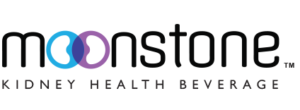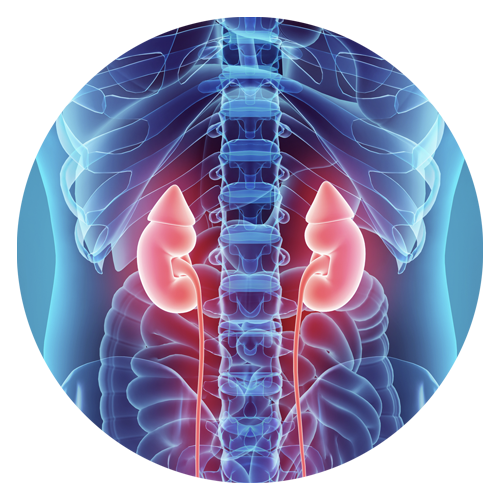Facts About Kidney Stones
Your Kidneys
Your kidneys aren’t very big—each is about the size of your fist—but they do important work. They keep you healthy by maintaining just the right balance of water and other substances inside your body. Unfortunately, if your kidneys start to malfunction, you might not realize it for some time. Kidney disease usually doesn’t make you feel sick until the problem becomes serious and irreversible.
Kidney Function
Your kidneys are two reddish, bean-shaped organs located on either side of your spine in the middle of your back. Their main job is to filter your blood. Each kidney contains about a million tiny filters that can process around 40 gallons of fluid every day—about enough to fill a house’s hot water heater. When blood passes through the kidney, the filters sift and hold onto the substances your body might need, such as certain nutrients and water. Harmful wastes and extra water and nutrients are routed to the nearby bladder and flushed away as urine.
Your kidneys also produce several hormones. These hormones help to control your blood pressure, make red blood cells and activate vitamin D, which keeps your bones strong.
We all lose a little of our kidney function as we get older. People can even survive with just one kidney if they donate the other to a friend or family member. But when kidney function drops because of an underlying kidney disease, it’s something to be concerned about. Toxins and extra water can build up in your blood. Falling hormone production can cause other problems. About 1 in 10 adults nationwide, or about 20 million people, have at least some signs of kidney damage.
Diet to Support Healthy Kidneys
“Most Americans eat more sodium and protein than the body needs. It’s your kidneys’ job to filter and get rid of the leftovers 24 hours a day, 7 days a week. Healthy kidneys can generally handle the workload. But if you have kidney damage, too much sodium and protein can have a negative effect. We generally recommend eating less sodium and more fruits, vegetables and whole grains. To reduce fats, choose lean meats and low-fat or fat-free dairy products.”
Theresa Kuracina – Registered dietitian and advisor to NIH on kidney health and nutrition



